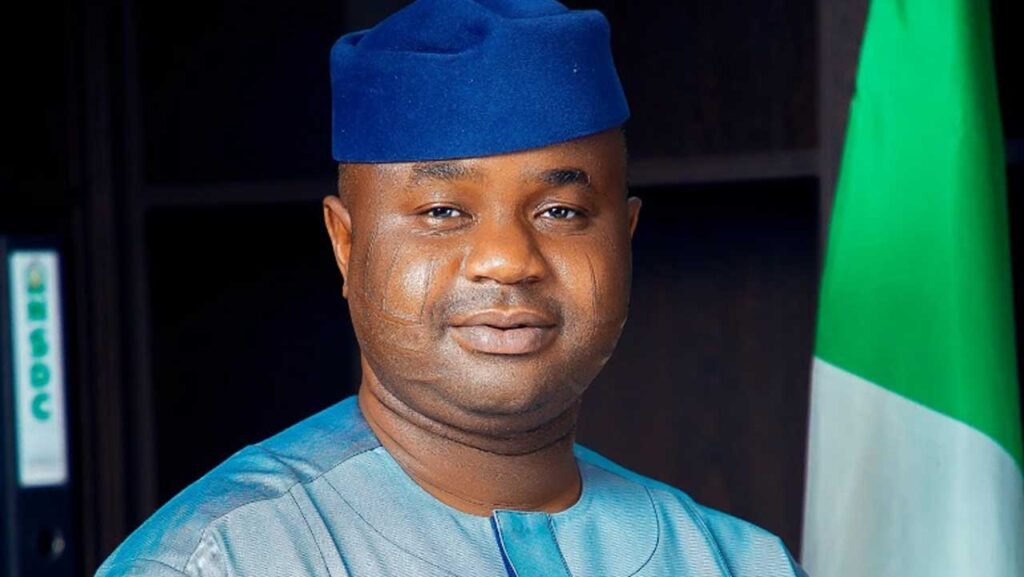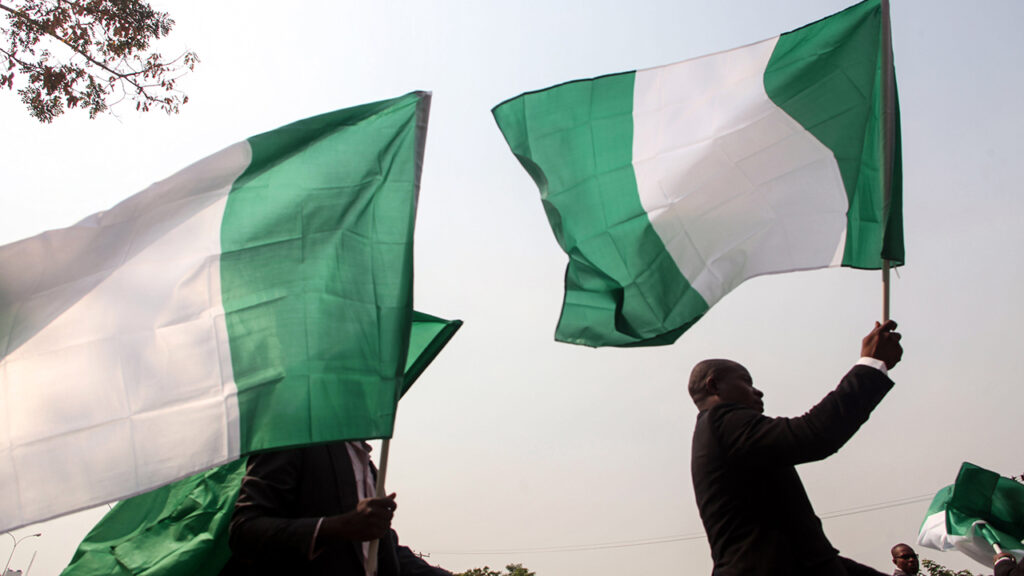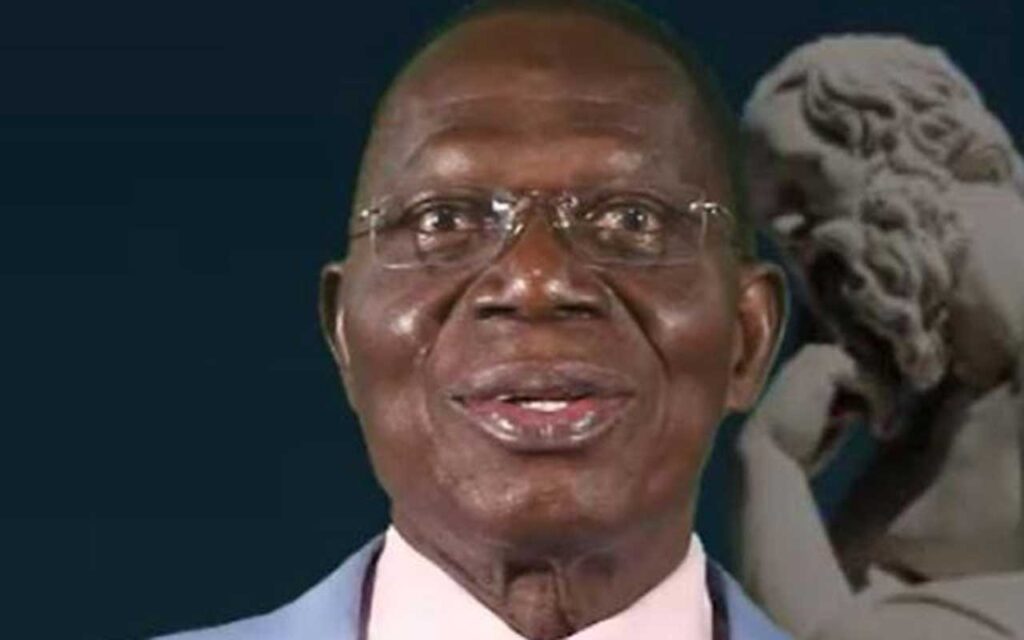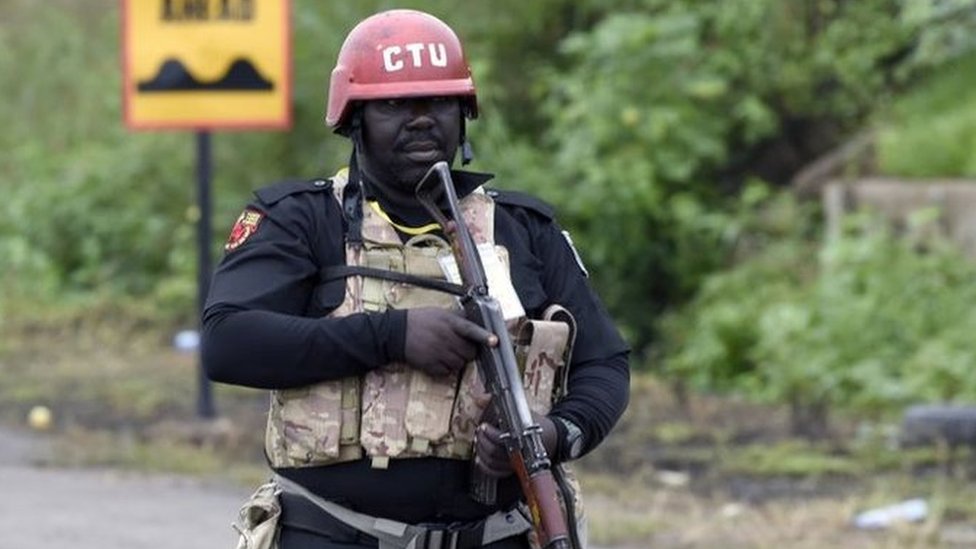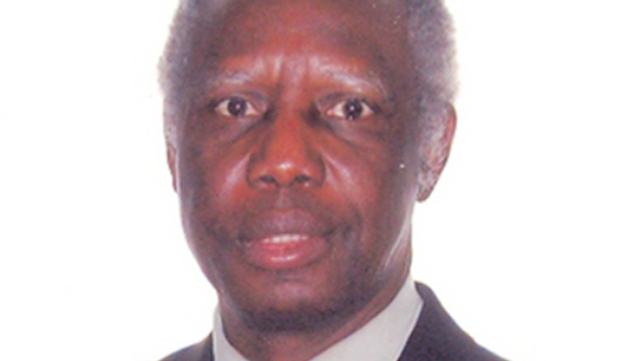
Introduction
The democratic structure of the Nigerian state has benefitted from the massive inputs of the Nigerian media for its survival and development. The Nigerian media ranks high on the pedestal of stakeholders of the Nigerian project, indeed, a lot of positives could be rightly credited to the Nigerian media in terms of the continued existence of this nation. I consider the topic under reference highly imperative given the multi-faceted challenges that are currently assailing this nation; it is my humble view that a lot of beneficial nation-building ideas can be cross-fertilised through the instrumentality of this gathering today.
My approach here today relative to the topic is to conceptually clarify the key terms and expound freely on the role of the media in our current democratic set up by appraising the delicate balance between national security and press freedom. As I round off this introductory session, please permit me to stress that Nigeria is in dire straits and only dialogue, constructive engagements and amplification of our shared humanity can reverse the gloomy extinction that stares us all in the face.
Conceptual clarifications
Like most other concepts, security does not admit of an easy or all-encompassing definition, it is a robust concept with a borderless restraint. However, in simple terms, security is freedom from the potentialities and existentialities of harm, injury at the instance of hostile forces. It is protection from violence, coercion and fear.
Historically, there has been a consideration evolution of the concept of security since the end of the Cold War which mainly was proxy wars fought U.S. allies on the one hand and the Soviet Union on the other hand. Thus, security as a term of interest when referenced under this historical context would mean the increased or decreased level of hostilities between nations post World War II. The realm of security therefore covers such contexts as global security, human security, border security, cybersecurity, environmental security, economic security, corporate security, food security, internal security, national security among others.
By the contemplation of this lecture, it is expedient in my considered view, to highlight the definitional frame of security using these three sub-contexts namely: human security, internal security and national security. Human security simply means the protection of fundamental freedoms, that is freedoms that are the real essence of life. Human security encapsulates three freedoms: freedom from fear, freedom from want and freedom from indignity. It suggests a situation where an individual can aspire to his desired level of happiness and peace within the society. Human security is the characterised by the absence of both violent and non-violent threats to the rights of the people, their safety and their lives.
This again emphasizes the universal principle of self-preservation over and above the other concepts of security such as national security, global security, food security among others. It is, however, respectfully submitted that there is an interplay of these concepts alongside concept of human security. It is almost implausible that each of these sub-concepts of security can stand in isolation.
Internal security on the other hand bothers largely on the maintenance of peace within the confines of a sovereign state by ensuring that there is an observance, compliance and adherence to the laws of the land by citizens. Internal security ensures that internal aggression and threats within the borders of a nation are warded off or met with the monopolized violence of the State. The responsibility of internal security is primarily within the purview of the constitutional mandate of the Police. Other paramilitary agencies equally share in this responsibility and they are all guided by the laws establishing them.
National Security as the name suggests bother on the security of the nation as a corporate entity. It is all encompassing but the main goal is the defence of the corporate existence of a country. In that vein, the armed forces are empowered by the Constitution to defend the territorial integrity of the nation. They undertake the important duty of defending the nation against external aggressors and in some instances, internal aggressors. National security could also extend to the defence of a nation’s economy against saboteurs and traitors.
Admittedly, at the base of national security is the maintenance of the political structure of a nation state which carries with it a non-negotiability tag. Going further under the chapter, the term media has been given several definitions, however simplicity, the term connotes any channel of communication. This can include anything from printed paper to digital data. It refers to television, radio, newspaper, internet and other forms of communication. I dare say that any other definition is an expansion of the afore-stated ones.
The role of the media in Nigeria’s democracy
Democracy has been popularly defined as a government of the people by the people and for the people. This invariably means that democracy is about popular choices; the general expression of the will of the majority, while also ensuring that the minority are not precluded from having their say. It is the system of government that opens the electorates to a vista of choices and how those choices are to be made without any fear or coercion.
Indeed, democracy is a big deal as it practically puts the socio-economic fortunes of the people in the hands of a few decision makers. Most often, efforts are dissipated into referencing the executive, the legislature and the judiciary as being the three arms of government in a democracy because they are explicitly named as beneficiaries of the power sharing structure as contained in the constitution of any democratic state, however, the media is the pillar that supports this structure. This is what informs the coronation of the media as the fourth estate of the realm. The existence of the media is tied to the sovereignty of the people from whom government derives its constitutional powers in exchange for fundamental freedom of expression of the people.
To be continued tomorrow.
Ajulo, FCIArb. UK, managing partner, Castle of Law and executive director, Egalitarian Mission For Africa, delivered this paper at the NUJ NTA headquarters Chapel’s Week in Abuja.


